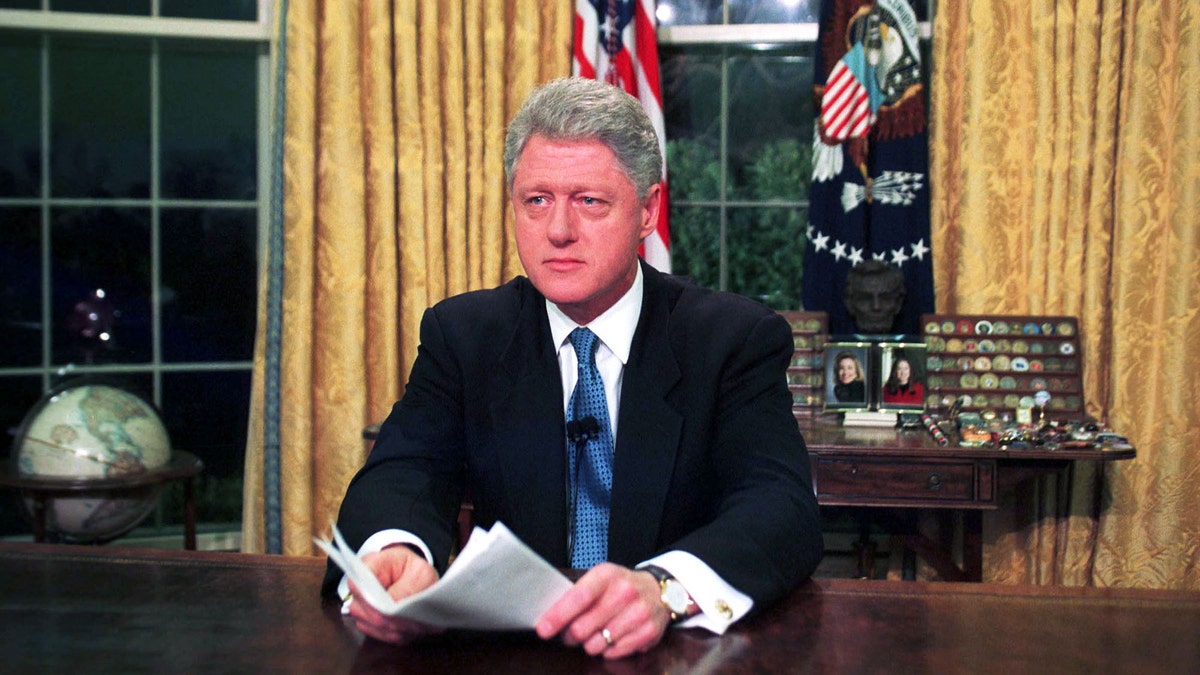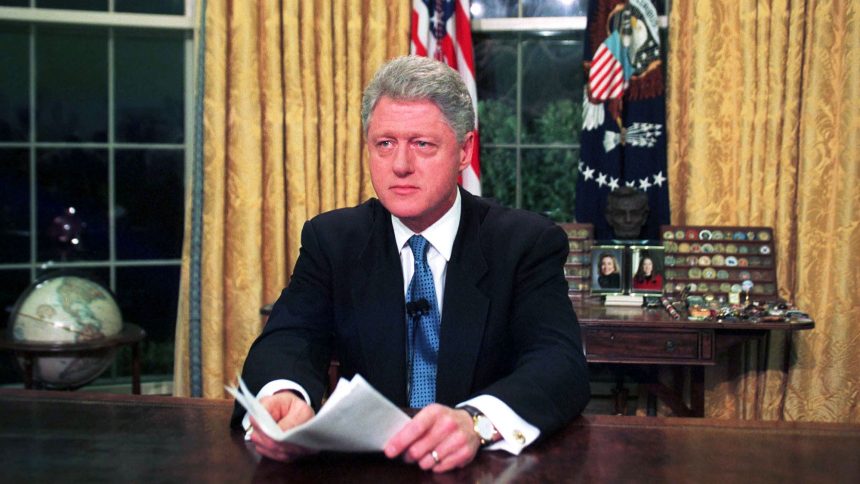
An Overview of Bill Clinton: The 42nd President of the United States
William Jefferson Clinton, known as Bill Clinton, was born on August 19, 1946. His story began when he was born to William Jefferson Blythe II, who tragically passed away in an accident before his birth, and Virginia Cassidy Blythe. For a significant part of his early life, he was cared for by his grandparents until his mother completed her nursing education.
Political Ascendancy and Presidential Tenure
A member of the Democratic Party, Clinton served two terms in the White House. However, his presidency was marred by controversy when he faced impeachment from the House of Representatives on December 19, 1998. The charges—perjury and obstruction of justice—stemmed from a grand jury investigation.
Prior to ascending to the presidency, Clinton obtained a Bachelor’s degree from Georgetown University and further distinguished himself as a Rhodes Scholar at Oxford University before earning a law degree from Yale Law School in 1973.
His political journey commenced back home in Arkansas where he first entered public service as Attorney General after an initial unsuccessful bid for Congress in 1974.
Early Governance and Presidential Campaigns
In 1978, Clinton became Governor of Arkansas but faced defeat during his re-election campaign just four years later. Nevertheless, he returned to lead Arkansas once again before launching an ambitious bid for the presidency in competition against Republican George H.W. Bush.
Clinton’s breakthrough came in the election of 1992 when he paired with running mate Al Gore Jr., successfully defeating Bush alongside independent Ross Perot to become President. He achieved reelection in 1996 by overcoming Republican contender Bob Dole while again facing Perot.
Legacy: Economic Gains Amid Scandal
Clinton’s administration is recognized for notable successes such as high levels of homeownership growth and generating over 22 million jobs, combined with historically low unemployment rates during much of his time in office. Despite these accomplishments though, numerous scandals also surfaced throughout both terms that significantly affected public perceptions.
While impeached during his second term due to allegations related to sexual harassment involving Paula Jones—a claim rooted prior to his presidency—the controversies escalated following revelations about an affair with White House intern Monica Lewinsky after winning reelection.
Initially denying any misconduct regarding Lewinsky’s claims eventually led him into legal challenges wherein investigative efforts spearheaded by Kenneth Starr revealed uncomfortable truths; ultimately resulting in Lewinsky confirming their relationship under oath while Clintons’ own eventual admission followed suit afterward.
On December 19th ,1998—in a historic vote—the House approved two articles against him largely invoking perjury accusations; making Clintons’ only behind Andrew Johnson as one among few presidents face such action throughout U.S history amid political climate capturing nationwide attention unfolding epic courtroom battles commencing across both chambers Congress culminating Senate trial year later ultimately acquitting him totally regardless upon outcome accepting responsibility directly addressing audience American society through sincere apologies continued servicing executive role chairing nation thereafter fostering development trajectories encompassing numerous societal agendas evolving years since leaving office post-2001 residing active politically endorsing successors party lines especially notably former Secretary State Hillary clamoring diversity women leadership within highest government offices despite eventual losses continued literary escapades penning autobiographies projecting reflections identity transpiring adulthood including titles like “My Life,” “Back Work” “Citizen: My Post-Presidency Life”.






